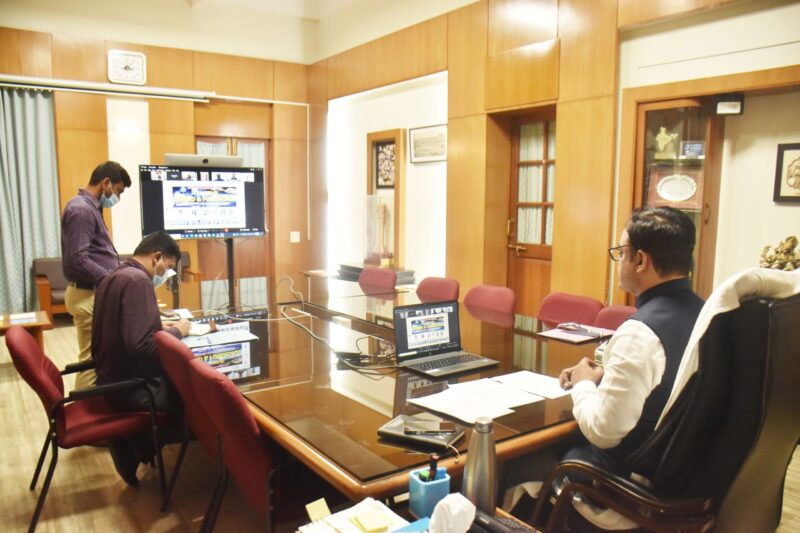Emphasizing safety, security and trust are very important to ensure the sustainability of the digital economy and for unleashing innovation at scale, Dr.C.N.Ashwatha Narayana, Minister for IT/BT and S&T stated on Monday, the government will be launching a Cyber Security Policy that caters to the mitigation of cyber threats.
Participating virtually in the ASSOCHAM’s 12th Global Summit on “Fraud & Forensics- Emerging Trends and Combating Challenges’, a two days event, he said, the to be unveiled Cyber Security Policy will aim to protect the key IT assets of the state like the State Data Centre, Wide Area Network and e-governance applications.
“Just as new and emerging technologies present boundless opportunities for us, they also present a new generation of threats that we must adapt to meet. According to data released by the Reserve Bank of India, commercial banks reported INR 1.38 trillion of frauds in 2020-21. There is an emerging trend of private sector banks reporting a larger number of frauds related to card and internet banking”, he told
“According to the Data Security Council of India (DSCI), the current size of the global Cyber Security industry is estimated to be $ 80 billion and is projected to grow to $ 190 billion by 2025. Making the cyber world safer is of primary interest to all stakeholders. A secure cyberspace and government’s influence in keeping tabs on cyber-threats have become important criteria for businesses to establish, operate and flourish in any region”, Narayana opined.
Saying, internet subscribers base have more than tripled in 5 years and digital transactions increased 8 times in 6 years as the total number of broadband subscribers (both wireless & wireline) in the country which was 23.61 crore as of 31 December 2016 went up to 79.21 crores as of 31 December 2021, Minister added, it is important for members of the public to be aware of fraudulent messages, spurious calls, unknown links, false notifications, unauthorized QR Codes, etc.
To ensure the success of the Digital India programme, the system needs to have a two-pronged strategy of educating users about digital technology risks and building technical expertise in both the government as well as the private sector, he told.
Shobhit Agarwal, Chairman, ASSOCHAM National Council for Internal Audit and Risk Management & Partner Advisory, KPMG in India, Basudev Mukherjee, Assistant Secretary-General, ASSOCHAM, Dr.Ashok Haldia, Chairman, Indian Institute of Insolvency Professionals of ICAI (IIIPI), Arti Srivastava, Chief Vigilance Officer, SEBI and others were present.





